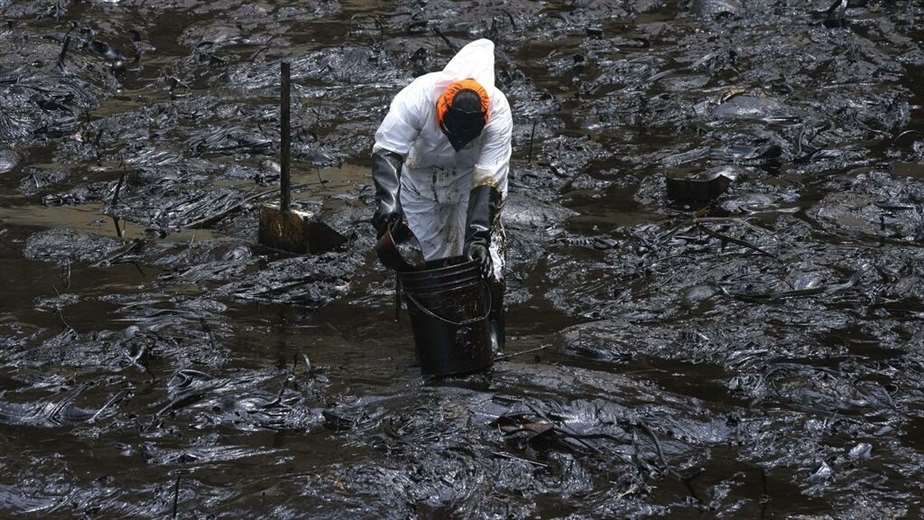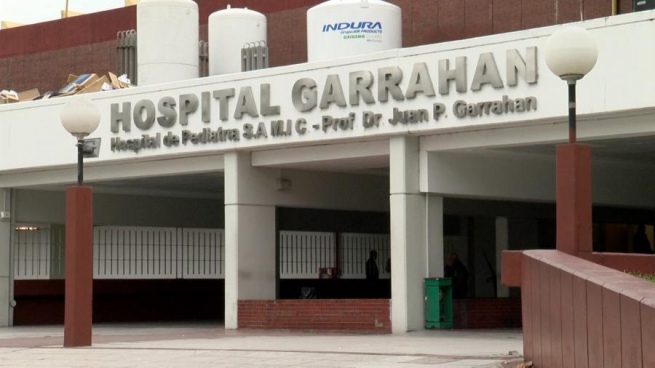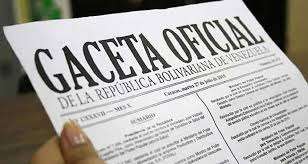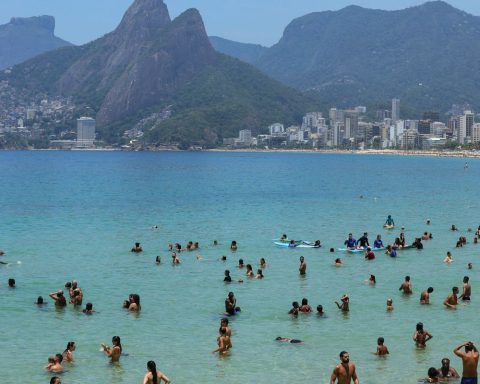The Spanish oil company blames the owners of the cargo ship Mare Doricum of the oil slick of January 15. Nearly 12,000 barrels of crude oil spilled on the Peruvian coast, causing an ecological tragedy and loss of resources for the fishermen in the area.
The Spanish oil company Repsol reported that filed a claim with the owners of the cargo ship Mare Doricumdue to the effects of the spill of almost 12,000 barrels of crude oil off the coast of Peru.
“Through its lawyers, Repsol has filed a claim with the owners of the Mare Doricum and their insurers, which marks the beginning of the process of covering the damage caused by the oil spill,” the company said in a statement.
The Italian-flagged Mare Doricum is a Suezmax-type freighter, built in 2009 and owned by the Italian shipowner Fratelli d’Amico.
The ship is currently anchored near the coast of La Pampilla and the port of Callao, the main port in Peru, with an impediment to sailing by order of the Peruvian authorities.
Repsol did not specify in which instance it filed the claim, nor what are their aspirations in this regard.
The hydrocarbon spill is attributed by the Spanish oil company to the waves caused by the underwater volcanic explosion that occurred in Tonga, in the Pacific Ocean, when the Mare Doricum discharged nearly one million barrels of crude oil at Repsol’s La Pampilla refinery, in the town of Ventanilla, 30 km north of Lima .
Repsol’s arguments
Repsol, through its lawyers, has issued a notice to the owners and insurers of Mare Doricum that initiates the process to claim the damages caused by the oil spill.
According to the management of Repsol Peru, the breakage and the spill were caused “by a sudden movement and anomalous of the ship, something that should never happen. During the unloading operation, it must be absolutely immobile and perfectly moored with the ship’s own moorings to our buoys and with its anchors and anchoring methods,” said Jaime Fernández-Cuesta, president of Repsol Peru, according to information confirmed by RFI.
“[El petrolero] moves more than 50 meters and this is what causes the spill: the ship continues unloading for a few minutes after the rupture. When the outcropping of fuel to the surface is noticed, the contingency plan is activated and within an hour the entire terminal area is surrounded,” Fernández-Cuesta added.
The Peruvian government has described the event as an “ecological disaster”, for which a fine of 122,000 dollars has already been imposed on Repsol, while another sanctioning procedure remains that could lead to another fine of 4.7 million dollars.
tube corrosion
In parallel, the Peruvian investigative outlet Ojo Público revealed images of corrosion in the refinery’s subsea pipes that ruptured, causing thousands of barrels of oil to spill.
“The photos show the photos that broke under the sea at the La Pampilla refinery in terminal 2 and what you see is the corrosion in the pipelines. Some experts in these processes confirmed that they may have broken due to a weakness due to a lack of maintenance,” Mitra Taj, the journalist who authored the investigation, told RFI.
“They are looking for other culprits”
Regarding the claim made by Repsol, the Peruvian environment minister, Modesto Montoya, told local radio RPP that “the company (Repsol) instead of cleaning up, they are looking for other culprits.”
According to Montoya, some 2,000 barrels of the total spill have been collected, and although he calculated the progress of cleaning the beaches at 70%, he stressed that it remains to collect “everything that has gone to the bottom of the sea.”
Repsol assures that in mid-March the cleaning of the entire coast contaminated with oil will be completed.
The oil slick has polluted the waters and coasts up to 140 kilometers north of the Refinery, causing the death of an undetermined number of fish, birds and marine mammals. In addition, he left hundreds of artisanal fishermen and merchants on the beaches unable to work.
The president of Repsol Peru and three other managers are prohibited from leaving the country, while the spill investigations progress.
With information from the editorial office of RFI and AFP.
The Spanish oil company blames the owners of the cargo ship Mare Doricum of the oil slick of January 15. Nearly 12,000 barrels of crude oil spilled on the Peruvian coast, causing an ecological tragedy and loss of resources for the fishermen in the area.
The Spanish oil company Repsol reported that filed a claim with the owners of the cargo ship Mare Doricumdue to the effects of the spill of almost 12,000 barrels of crude oil off the coast of Peru.
“Through its lawyers, Repsol has filed a claim with the owners of the Mare Doricum and their insurers, which marks the beginning of the process of covering the damage caused by the oil spill,” the company said in a statement.
The Italian-flagged Mare Doricum is a Suezmax-type freighter, built in 2009 and owned by the Italian shipowner Fratelli d’Amico.
The ship is currently anchored near the coast of La Pampilla and the port of Callao, the main port in Peru, with an impediment to sailing by order of the Peruvian authorities.
Repsol did not specify in which instance it filed the claim, nor what are their aspirations in this regard.
The hydrocarbon spill is attributed by the Spanish oil company to the waves caused by the underwater volcanic explosion that occurred in Tonga, in the Pacific Ocean, when the Mare Doricum discharged nearly one million barrels of crude oil at Repsol’s La Pampilla refinery, in the town of Ventanilla, 30 km north of Lima .
Repsol’s arguments
Repsol, through its lawyers, has issued a notice to the owners and insurers of Mare Doricum that initiates the process to claim the damages caused by the oil spill.
According to the management of Repsol Peru, the breakage and the spill were caused “by a sudden movement and anomalous of the ship, something that should never happen. During the unloading operation, it must be absolutely immobile and perfectly moored with the ship’s own moorings to our buoys and with its anchors and anchoring methods,” said Jaime Fernández-Cuesta, president of Repsol Peru, according to information confirmed by RFI.
“[El petrolero] moves more than 50 meters and this is what causes the spill: the ship continues unloading for a few minutes after the rupture. When the outcropping of fuel to the surface is noticed, the contingency plan is activated and within an hour the entire terminal area is surrounded,” Fernández-Cuesta added.
The Peruvian government has described the event as an “ecological disaster”, for which a fine of 122,000 dollars has already been imposed on Repsol, while another sanctioning procedure remains that could lead to another fine of 4.7 million dollars.
tube corrosion
In parallel, the Peruvian investigative outlet Ojo Público revealed images of corrosion in the refinery’s subsea pipes that ruptured, causing thousands of barrels of oil to spill.
“The photos show the photos that broke under the sea at the La Pampilla refinery in terminal 2 and what you see is the corrosion in the pipelines. Some experts in these processes confirmed that they may have broken due to a weakness due to a lack of maintenance,” Mitra Taj, the journalist who authored the investigation, told RFI.
“They are looking for other culprits”
Regarding the claim made by Repsol, the Peruvian environment minister, Modesto Montoya, told local radio RPP that “the company (Repsol) instead of cleaning up, they are looking for other culprits.”
According to Montoya, some 2,000 barrels of the total spill have been collected, and although he calculated the progress of cleaning the beaches at 70%, he stressed that it remains to collect “everything that has gone to the bottom of the sea.”
Repsol assures that in mid-March the cleaning of the entire coast contaminated with oil will be completed.
The oil slick has polluted the waters and coasts up to 140 kilometers north of the Refinery, causing the death of an undetermined number of fish, birds and marine mammals. In addition, he left hundreds of artisanal fishermen and merchants on the beaches unable to work.
The president of Repsol Peru and three other managers are prohibited from leaving the country, while the spill investigations progress.
With information from the editorial office of RFI and AFP.
;
















